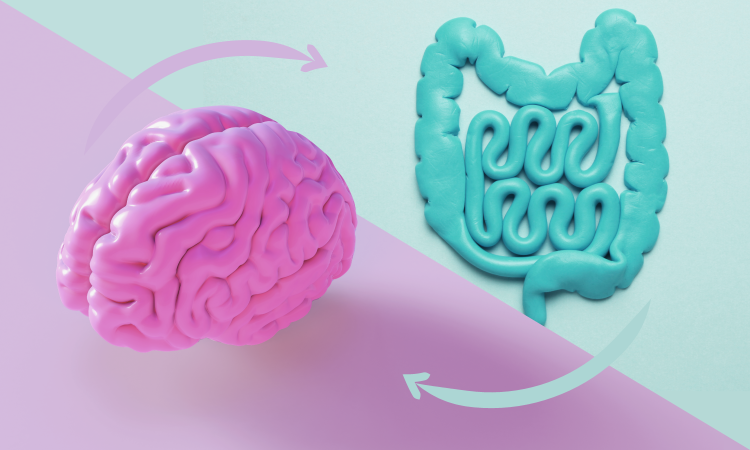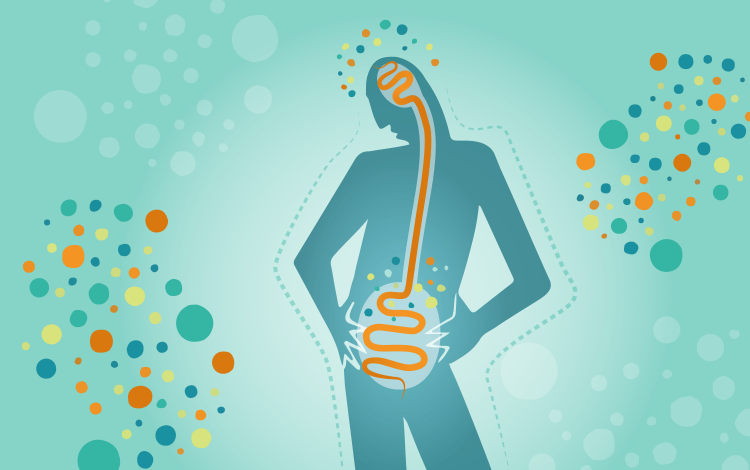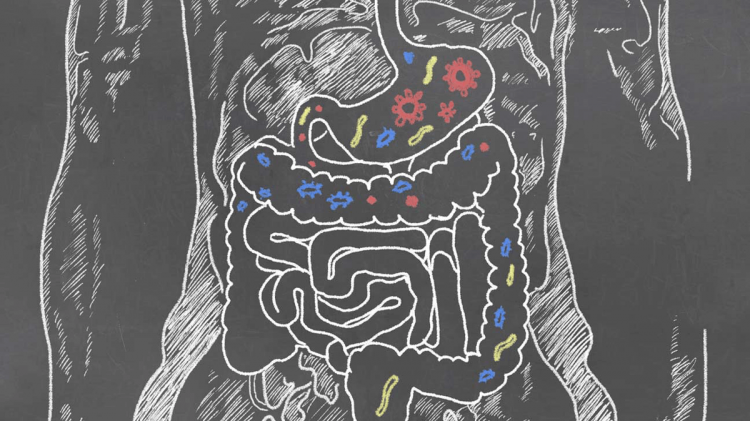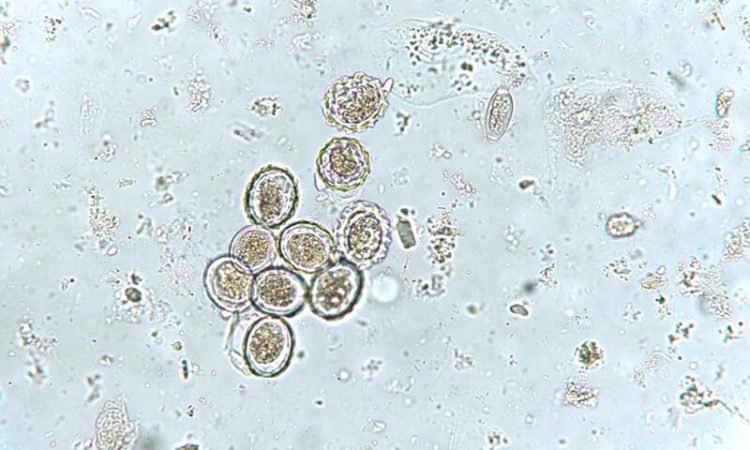29 . 03 . 2021
The Gut-Brain Axis: a two-way streetThe bi-directional communication between the central nervous system and the gut is increasingly accepted and supported from a scientific point of view. In this article, we will explore the mechanisms behind this relationship.







